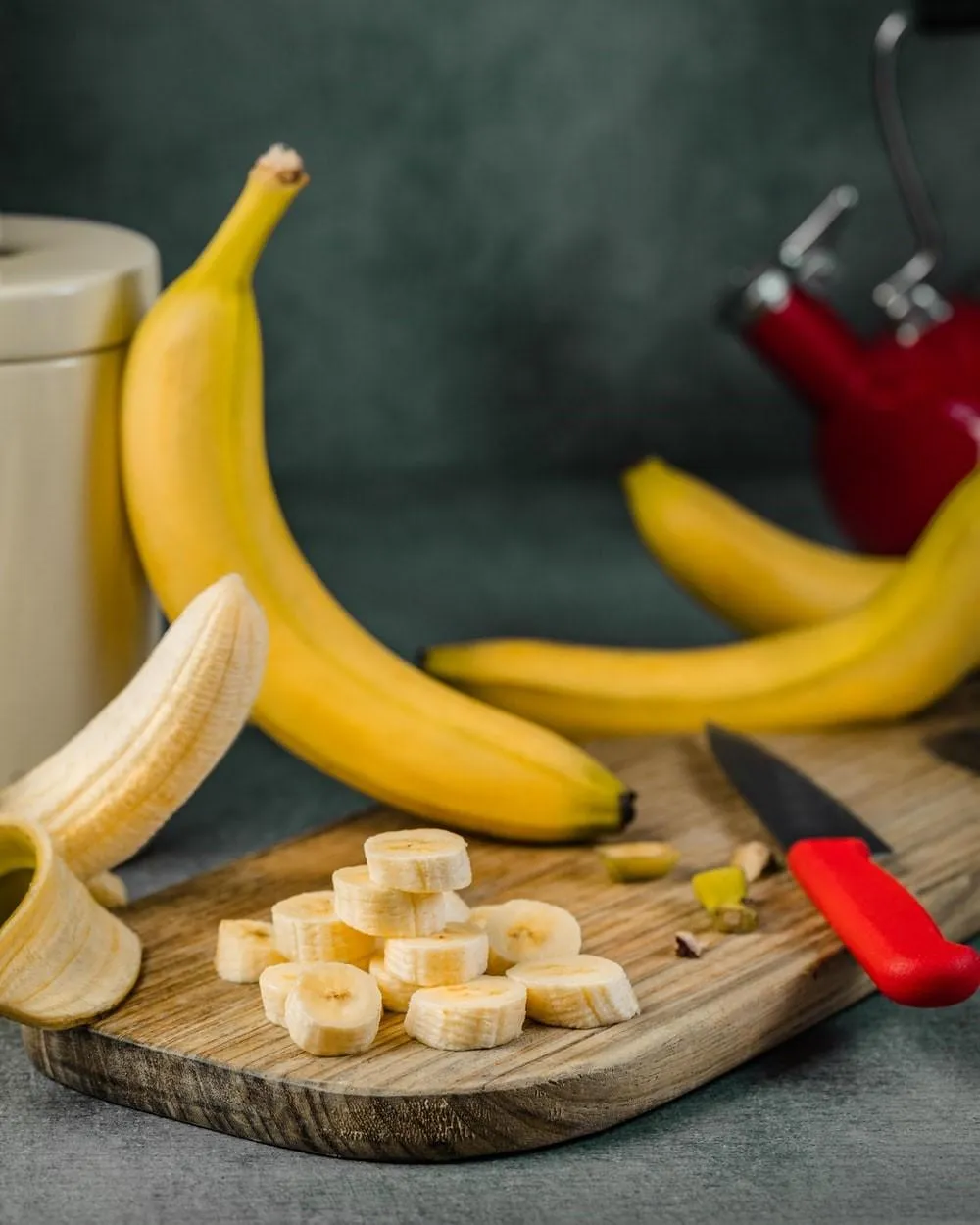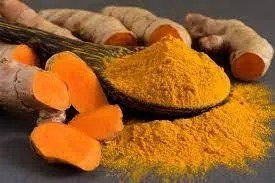Welcome to the trained on plants blog
Follow along for podcast updates, plant-based nutrition tips, recipes, and more!
GET STARTED
blog

Foods to Fuel Your Workout

What can you do to maintain your energy level to push through longer or tougher workouts or beat your PR at a race or event? Paying attention to the quality and timing of nutrition before you exercise can optimize your physical performance.
The goal of eating before a workout or event is to restore glycogen, the carbohydrates that supply your immediate energy needs during exercise. To get that immediate energy, the nutrients in your pre-workout meals should come primarily from carbohydrates. Protein takes longer to digest and does not provide a quick energy boost, so limit the amount of protein you consume before exercise. Fiber and fats should also be minimized, as these can create stomach upset.
Plant-based, carb-rich foods with low protein, fat, and fiber provide healthy energy for your workouts without weighing you down. But timing, too, is critical. If you are eating less than an hour before a workout, you may find that a smoothie, juice, or pureed food (such as unsweetened applesauce) or a piece of fruit (such as a banana) works best for optimizing energy without bloat or digestive issues.
As a general rule, exercisers should consume about .25-.5 grams of carbs per pound of body weight 1 hour before a workout, .5-1 gram of carbs per pound 2 hours before exercise, and so forth. That’s in the range of 38-75 grams of carbs. To put that in perspective, a half cup of unsweetened applesauce, a half a large banana, and a half cup of oatmeal each have about 15 grams of carbohydrates. A 150-pound person who eats a cup of oatmeal and a large banana an hour before working out would consume about 60 carbs.
Try experimenting with the following carb-rich, pre-workout mini-meal combinations to see what works best for you. Approximate carb counts are noted but will vary based on size, brand, and preparation.
1) Pick a fruit or vegetable.
Apple, 1 medium = 25 g carbs
Banana, 1 medium = 27g carbs
Blueberries, ½ cup = 11g carbs
Grapes, 1 cup = 16 g carbs
Mango, 1 cup of chunks = 25g
Orange, 1 medium = 15g carbs
Pineapple (fresh), 1 cup of chunks = 22g carbs
Sweet potato, 1 medium (baked without peel) = 24g carbs
White potato, ½ cup (boiled without skin) = 16g carbs
2) Include a grain.
Brown rice, ½ cup (long-grain) = 22g carbs
Granola, ¼ cup = 14 g carbs
Grits, 1 cup cooked = 23g carbs
Oatmeal, ½ cup cooked (old-fashioned) = 15g carbs
Steel cut oatmeal, ½ cup cooked = 14g carbs
Whole wheat toast, 1 slice = 14g carbs
3) Add a small amount of protein.
Almonds, 1 tbsp
Almond butter, ½ tbsp (no added oil or sugar)
Non-dairy yogurt, ¾ cup (such as Kite Hill Plain Unsweetened)
Peanuts, 1 tbsp
Peanut butter, ½ tbsp (no added oil or sugar)
Sunflower butter, ½ tbsp (no added oil or sugar)
Sunflower seeds, 1 tbsp
Walnuts, ½ ounce (14 halves)
So, what should you eat before your next workout? Try incorporating some plant-based proteins and healthy fats into your pre-workout mini-meal. And if you’re ever in doubt about what to eat, remember: fueling your body with real food is always the best way to go. Want more ideas for how to fuel your workouts? Be sure to sign up for our newsletter where we’ll send you recipes and tips for living a healthy, balanced life. Thanks for reading!
Leave Us A Comment

Anti-Inflammatory Foods to Boost Recovery
When the body is injured or sick or experiences stress (including the strain of a challenging workout), the immune system responds by triggering inflammation. When you do a strenuous weight training workout or a tough cardio workout, for example, soreness and fatigue in your muscles are a response to inflammation. This kind of inflammation usually subsides within a few days, though it can hinder movement and negatively affect athletic performance.
Ongoing, chronic inflammation is caused by a variety of factors, including lifestyle factors (like diet, exercise, stress, smoking, and alcohol and drug use), autoimmune disorders, exposure to toxins, and untreated injury. You may have chronic inflammation without being aware of it, unless you’ve been tested for markers that detect inflammation, such as a c-reactive protein (CRP) test. Chronic inflammation can damage healthy tissues, contribute to disease, and negatively affect your overall health.
What can be done to fight inflammation and speed recovery? Scientists have shown that a plant-based diet can reduce inflammation and recovery time caused by intense exercise, but it can also reduce or reverse chronic inflammation. Unlike animal-based foods, plant foods are rich in anti-inflammatory antioxidants that help reduce tissue damage and soreness and improve healing and immunity to help your body recover more quickly and more healthily.
Which plant-based foods are best for reducing inflammation and helping you recover? There are many anti-inflammatory plant-based options, but here are some examples to add to your diet:
- Avocados: contains anti-inflammatory compounds (like phytosterols and Omega-3 fatty acids) that decrease inflammation
- Beets: contain nitric oxide that promotes the removal of exercise-induced toxins and muscle recovery
- Broccoli: contains sulforaphane, an inflammation-fighting antioxidant, along with fiber that helps reduce waste products
- Dark chocolate: contain polyphenols that have anti-inflammatory effects, though choose an option with low added sugar (5% or less of added sugar per serving according to the Harvard T.H. Chan School of Public Health)
- Flax seeds: contain Omega-3s that reduce signaling proteins that trigger inflammation, resulting in improved cell function and muscle repair
- Green Tea: contains polyphenols and catechins that can reduce oxidative stress (caused by low antioxidant levels in relation to too many free radicals, or oxygen-containing molecules in the body)
- Tart Cherries and Tart Cherry Juice: contain anthocyanins that improve recovery and reduce muscle soreness
- Turmeric: available as both a root (similar to ginger) and a spice, contains curcumin, which reduces cell inflammation
- Walnuts: contain omega-3s and polyphenols that have an anti-inflammatory effect
- Watermelon: contains lycopene and other antioxidants that reduce oxidative stress that contributes to inflammation
That’s it for now! If you want more information on anti-inflammatory foods and their benefits, be sure to sign up for our newsletter. We’ll keep you in the loop with all things health, nutrition, and fitness related. And who knows? You may even get a few recipes thrown your way. Thanks again for reading and we hope this was helpful!



